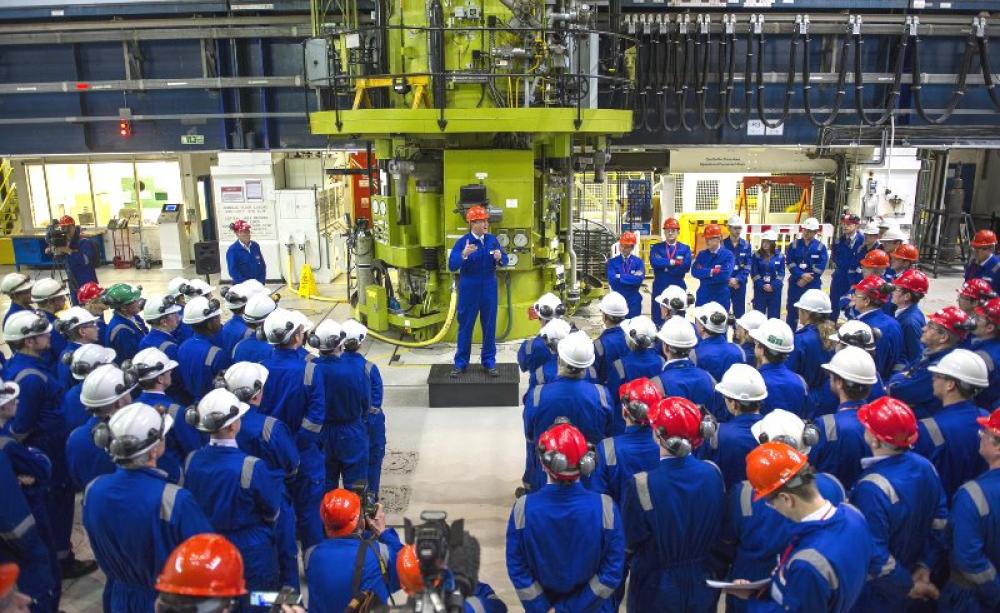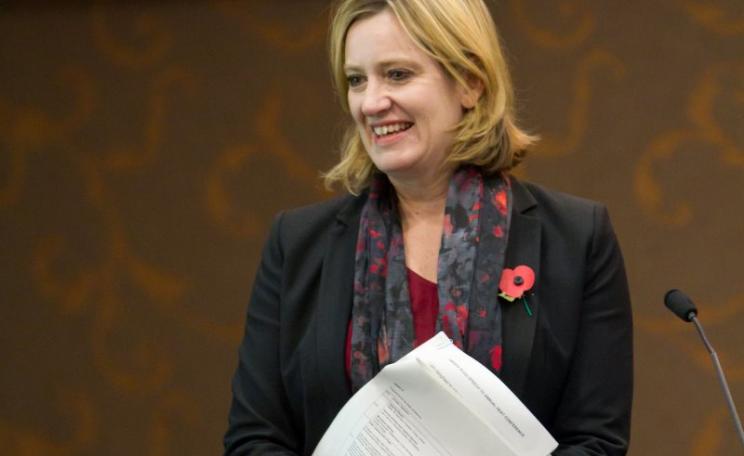We see the danger that European electricity markets in future could be flooded with highly subsidised nuclear power, and that regional, highly efficient and ecological power production will be driven out of business.
The 'Action Alliance' of ten green power suppliers and municipal utilities today filed a lawsuit with the Court of Justice of the European Union in Luxembourg against State Aid for the UK's planned Hinkley Point C nuclear power plant.
The Alliance of German and Austrian green utilities is accusing the Commission of making both legal and procedural errors when it approved State Aid for the project last year.
But their biggest fear is that the subsidy package for Hinkley Point C - estimated to be worth over €100 billion - would together with other proposed nuclear projects "massively distort the European energy market and create an unfair competitive advantage for nuclear power."
"We want the European Court of Justice to annul the EU Commission's decision because these exorbitant nuclear subsidies are an unlawful operational aid", says Sönke Tangermann, managing director of Hamburg-based energy cooperative Greenpeace Energy. "They should never have been approved."
The Coop is going to court together with Austrian energy producer Oekostrom AG, and the municipal utilities of Aalen, Bietigheim-Bissingen, Bochum, Energieversorgung Filstal, Mainz, Mühlacker, Schwäbisch Hall and Tübingen.
Markets will be flooded with subsidised nuclear power
"We see the danger that European electricity markets in future could be flooded with highly subsidised nuclear power, and that regional, highly efficient and ecological power production will be driven out of business", says Dr Achim Kötzle, executive director of energy management at Tübingen's municipal utility.
"From the perspective of municipal utilities, the economic viability of decentralised power generation plants would in particular suffer from the planned nuclear subsidies."
The Action Alliance has commissioned research which shows that the state-guaranteed remuneration alone for power from Hinkley Point C adds up to about €108 billion: the guaranteed inflation-proof price of about 12 €-cents per kWh is three times higher than the market price and would last for 35 years.
"Such high subsidies for one single, hazardous and expensive NPP would have an effect on the market in Germany due to European cross-border exchanges in electricity - with the consequence that wholesale prices for electricity would fall in Germany, leading to competitive disadvantages and lower profits for other suppliers as well as renewable energy providers", argues the Alliance.
With other EU states - among them Poland, Hungary and Czech Republic - planning to use the British subsidy model for their own nuclear projects, this price distortion could cut prices in Germany's wholesale electricity market by as much as 12%, leading to massive distortions in the power market - and pradoxically, higher prices for the retail customer.
"This threatening market distortion results in additional costs to the system set out in Germany's Renewable Energies Act (EEG) because higher levels of compensation would have to be paid, placing a particular burden on German households and medium-sized businesses", explains the Alliance.
We see the danger that European electricity markets in future could be flooded with highly subsidised nuclear power, and that regional, highly efficient and ecological power production will be driven out of business.
The only mystery in this is that none of the UK's green energy suppliers, for example Ecotricity and Good Energy, have joined the legal action as they would be most immediately impacted.
The Commission's legal blunders
Representing the Action Alliance before the Court of Justice of the European Union, is Dr Dörte Fouquet, an expert in subsidy and energy law, attorney and partner at the international law firm Becker Büttner Held.
"The Commission did not adequately analyse the far-reaching consequences of its approval of State Aid, nor did it take into account that there was no tendering procedure for Hinkley Point C", she says. "Moreover, there is no general market failure that would anyway justify such State Aid."
Austria already filed its own complaint on the same issue last week and Luxembourg has announced it will also take legal steps. The German government has so far refused to take legal action against the controversial subsidy decision, but is coming under growing pressure to change its mind.
In the last few weeks more than 15,000 people have responded to a call from the Greenpeace Energy to send postcards and sent emails to their Bundestag representatives, and submitted online petitions to the Bundestag's Committee on Petitions, appealing for Germany to take legal action.
Today Greenpeace Energy will hand the postcards over to the Federal Ministry for Economic Affairs and Energy and again call on Minister Sigmar Gabriel of the SPD to take action. But time is short: the deadline to file a complaint against the Commission's decision falls next week on 23rd July.
"Whoever simply accepts the expensive, hazardous, and competition-distorting return of nuclear power in Europe is a traitor to the energy transition in his own country", says Sönke Tangermann from Greenpeace Energy.







